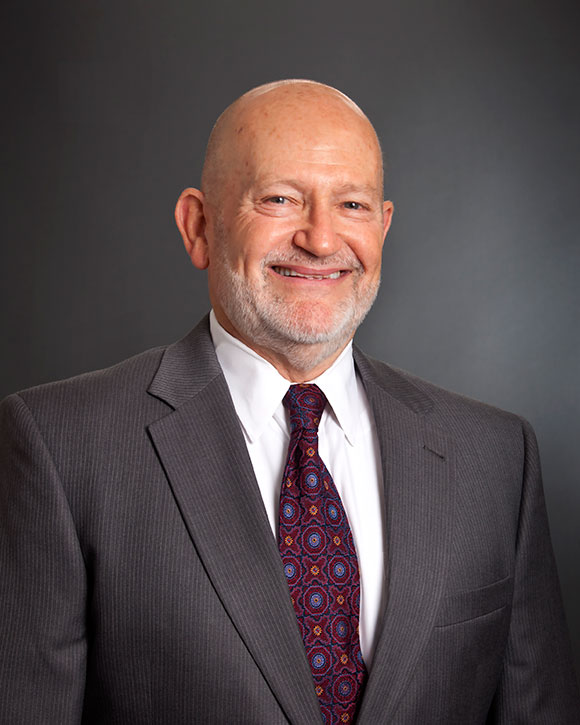
Al Ellis’ award-winning contribution to the April 2013 Headnotes:
Professionalism: Not Just Honesty and Civility
by Al Ellis
In the late ‘80s, many believed Rambo tactics had become the norm rather than the exception. In response to these tactics, a renewed emphasis on professionalism developed. The DBA took the lead and then most major bar associations and the State Bar of Texas developed Lawyer’s Creeds and Guidelines for Professionalism—fashioned after the DBA’s.
These creeds and guidelines emphasized the commitment of lawyers to our justice system, our clients, each other and our judges. In short, the emphasis was placed on honesty, civility, cooperation and respect for each other. These guidelines for professional conduct came to define professionalism. However, there is another aspect of professionalism which deserve equal emphasis: community service.
Harriet Miers, past President of the State Bar of Texas and the DBA, recently received the prestigious Morris Harrell Professionalism Award, presented annually by the Texas Center for Legal Ethics and the DBA. Her acceptance speech underscored giving back:
“While strict adherence to our codes of professional responsibility and doing our jobs as lawyers are the bare minimums in the legal profession, a common attribute to the best known and respected lawyers is their evident true devotion to our justice system and to giving back to the society that provides the privilege of professional status. The most admired lawyers in any community are those whose character and commitment to the profession are discernible but also whose willingness to give back to the community of their time and resources is also evident.”
The law is a calling. While the practice of law has become more and more like a business, the “calling” aspect of the law practice as epitomized by fictional trial lawyer Atticus Finch and remains a significant part of professionalism. Our law licenses are a privilege, not a right. Every lawyer has worked hard to complete law school, pass the Bar exam and learn in real time how to become a good lawyer. While honesty, civility and respect for others are major tenets of our profession, the duty and obligation of community and public service is equally important.
Past DBA President Justice Doug Lang of the Fifth District Court of Appeals, recently authored “Deeds, Not Words,” in which several lawyers talked about their mentors and how their deeds influenced the way they practice law. In this book, Marcos Ronquillo wrote of his mentor and “community leader of integrity,” Adelfa Callejo. He told of her involvement locally in the civil rights movement and of her passion for education, including her regular attendance at school board meetings and being instrumental in securing implementation of a DISD drop-out prevention program. He succinctly described her as a “contemporary moral compass” with whom one may not agree on every issue, but from whom one will never be unclear as to her position. To Adelfa, community service is a way of life.
The opportunities for lawyer involvement in their communities are unlimited. For young lawyers, no organizations are more involved in the community than the DAYL and Texas Young Lawyers Association. If there is a cause about which a young lawyer is passionate, there is a committee within the DAYL that addresses that cause. Children, pets, domestic violence, education, sports, the environment, housing, homelessness, etc. The DAYL has it.
The DBA is another home for service. For example, Rex Spivey, a member of the DBA Community Involvement Committee, generated the idea for the DBA to raise the funds and provide volunteers to build a home in partnership with Habitat for Humanity. The “DBA Home Project” is still going strong after 22 years and the Community Involvement Committee sponsors several projects each year.
The Metroplex has dozens of non-profit associations looking for volunteers. Our legal skills can benefit community organizations and their boards of directors. Critical thinking, problem-solving, organizational and listening skills are all attributes non-profits seek for their committees and boards.
Obviously, local churches, synagogues and mosques are a ready source for community service. Long ago, Highland Park United Methodist Church also decided to partner with Habitat for Humanity through a volunteer group known as Carpenters for Christ and committed to building at least five homes a year in Dallas County. It later committed to building several homes internationally with Habitat for Humanity. Most houses of worship need volunteers for homeless projects, construction of orphanages both in and outside the United States, clothing, food and toy drives throughout the year.
The need for community service is great. Because of their skills, lawyers are ideally suited for providing community service, and providing those services are as much a part of professionalism as honesty and civility. Perhaps John Wesley said it best: “Do all the good you can, by all the means you can, in all the ways you can, in all the places you can, at all the times you can, to all the people you can, as long as ever you can.”
Al Ellis is past president of the DBA and is Of Counsel at Sommerman, McCaffity, Quesada & Geisler, L.L.P.

